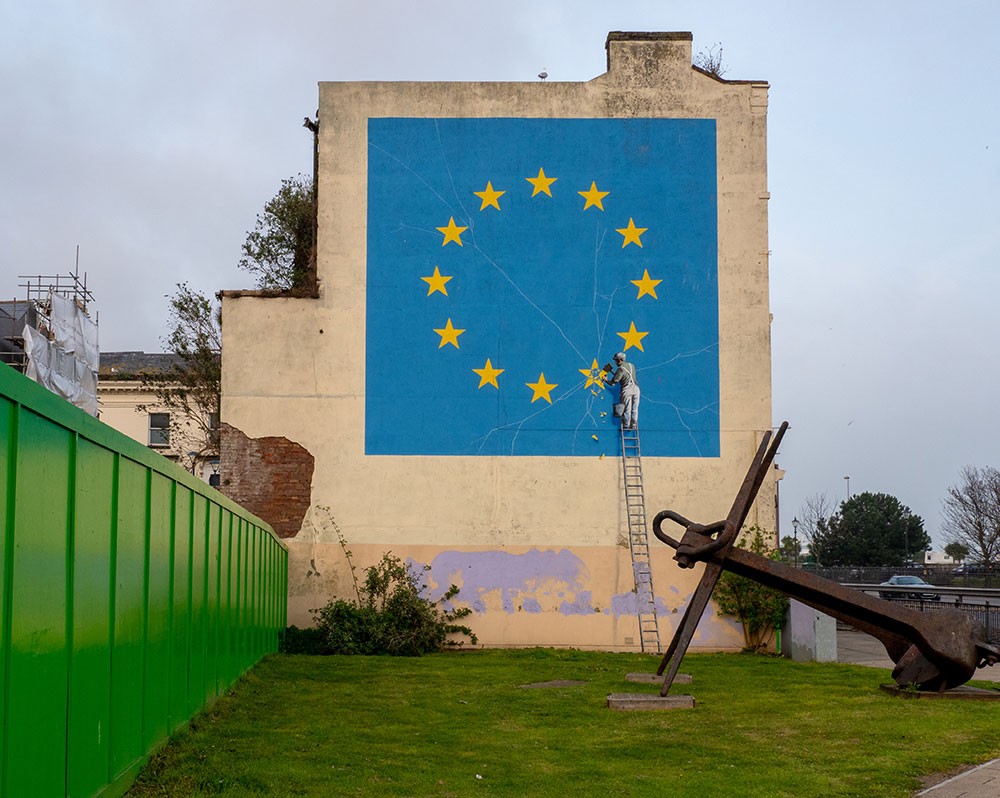
Local government costs arising from the Covid crisis are eye-watering, and there are significantly more to come. However, positive examples do exist of public sector bodies maintaining business as usual and undertaking transformational change.
These were some of the key themes to emerge from a recent virtual roundtable discussion between ACCA members on the impact of Covid-19 on the role of finance professionals in the public sector.
The discussion inevitably centred on the substantial financial challenges. For example, the net budget for local government in England in 2020/21 is £42bn, but councils have identified £11.2bn in additional Covid-related costs, lost income (including from parking fees) and local tax arrears.
Friction
Funding arrangements from central to local government are a source of contention. Local government has demonstrated that it is at the heart of the recovery and needs to be financed appropriately.
With local lockdowns increasing the financial burdens on local authorities, the group concluded that central government needs to give more thought to the funding and management of ‘test, track and trace’ and its rollout at local level.
In particular, the pressures on local authorities include dealing with a fall in income, managing escalating mental health issues, and housing nearly 15,000 rough sleepers nationally.
Finance professionals in the public sector are always looking for the upside and have a fundamental contribution to make to public sector renewal in the post-Covid world
Other local services are also experiencing significant extra Covid-related expenditure. For example, police service resources are being stretched to cover illegal gatherings and the rise in domestic abuse cases.
In public transport, the reduction in economic activity has led to a collapse in fare income. This has been particularly acute in London, where Transport for London required a £1.6bn bailout from central government.
The higher education sector has also suffered. As a result of the A-level results chaos some pupils are being paid incentives to defer a year. However, this creates a further problem in that there are potentially fewer further education places available for next year’s student cohort.
Positive responses
Despite the challenges, there were positives to report too, with many public sector bodies maintaining business as usual and transformational change. At the Driver and Vehicle Licensing Agency, service improvement projects are still under way, but finance staff are unlikely to fully go back to the office this year, as operations staff are occupying finance desks.
In terms of finance practice, participants found that dealing with year-end and working from home had been successful but that trying to manage budget-setting remotely was proving difficult. This has resulted in small groups of staff going into the office to work on these projects.
For internal audit, there has been a shift towards more consultancy work, with data analytics playing a key role in developing plans for organisational recovery.
Efficiency savings
Against this background the public sector in general and local government in particular is still being asked to make efficiency savings. Savings projects have stalled in some organisations and will widen the gaps in budgets. To effect a transformation, one has to visualise the future, something that is difficult during a short-term crisis. The roundtable group agreed that financial sustainability and good governance will always be a necessary foundation for recovery, so professional accountants will be key.
Finance professionals in the public sector are always looking for the upside and opportunities and have already demonstrated they have a fundamental contribution to make to the renewal of the public sector in the post-Covid world. One of the key tasks will be to visualise what the future will look like and to ensure that finance professionals have skills and a mindset aligned to the scenarios of the new situation.

